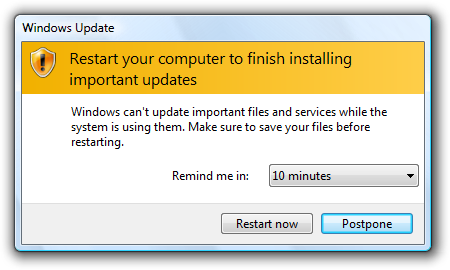Originally posted by ryao
View Post
If using systemd means I have to reboot to accomplish an upgrade, I seriously don't see myself continuing to use a Linux desktop. A big reason why I left Windows was because of Linux "features" like not having to reboot to accomplish an upgrade.



Comment